

2019-08-02 17:39:00 Fri ET
federal reserve monetary policy treasury dollar employment inflation interest rate exchange rate macrofinance recession systemic risk economic growth central bank fomc greenback forward guidance euro capital global financial cycle credit cycle yield curve
The Phillips curve becomes the Phillips cloud with no inexorable trade-off between inflation and unemployment. Stanford finance professor John Cochrane disagrees with Harvard macro economist Gregory Mankiw with respect to the mysterious and inexorable trade-off between inflation and unemployment. It is difficult to depict a key downward Phillips curve for the post-war period because there is no conclusive trade-off between inflation and unemployment. This empirical result remains true even when we consider alternative measures of U.S. inflation such as the deflator for personal consumption expenditures (PCE) and core consumer price index (CPI) inflation less food and energy. Furthermore, the empirical result continues to hold in practice when we consider the economic output gap in lieu of the unemployment rate. Cochrane suggests no clear trade-off between inflation and unemployment in the Phillips cloud. In other words, the Phillips curve is too flat to be true.
This analysis poses a conceptual challenge to New Keynesians who seek to attain the Federal Reserve dual mandate of both price stability and maximum sustainable employment. The central bank can constrain money supply growth as a potential source of economic disturbance; yet, the long-term welfare cost of low inflation has no real impact on economic output, employment, and capital investment.
If any of our AYA Analytica financial health memos (FHM), blog posts, ebooks, newsletters, and notifications etc, or any other form of online content curation, involves potential copyright concerns, please feel free to contact us at service@ayafintech.network so that we can remove relevant content in response to any such request within a reasonable time frame.
2023-05-31 11:27:00 Wednesday ET
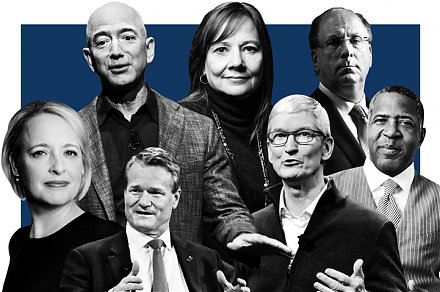
What are the top global risks in trade, finance, and technology? In this macro report, we focus on the current global risks from inflation and growth con
2019-06-11 12:33:00 Tuesday ET
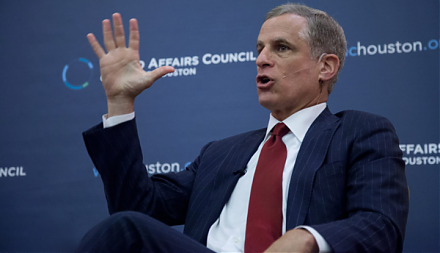
Dallas Federal Reserve Bank President Robert Kaplan expects the U.S. economy to grow at 2.2%-2.5% in 2019-2020 as inflation rises a bit. In an interview wit
2018-05-13 08:33:00 Sunday ET
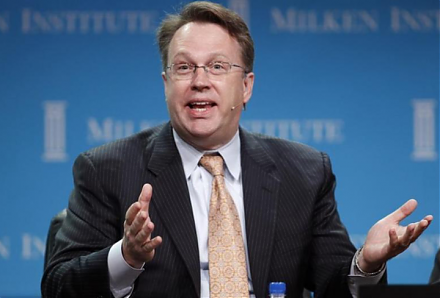
Incoming New York Fed President John Williams suggests that it is about time to end forward guidance in order to stop holding the financial market's han
2019-11-09 16:38:00 Saturday ET
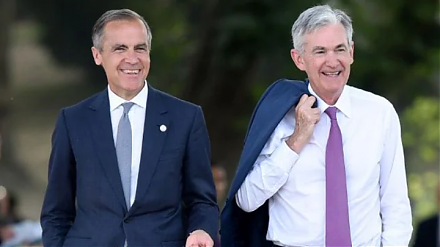
Federal Reserve Chairman Jerome Powell indicates that the central bank would resume Treasury purchases to avoid turmoil in money markets. Powell indicates t
2019-03-23 09:31:00 Saturday ET
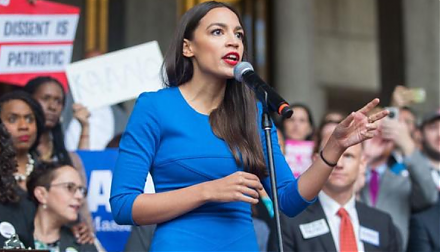
Congresswoman Alexandria Ocasio-Cortez proposes greater public debt finance with minimal tax increases for the Green New Deal. In accordance with the modern
2020-08-26 10:33:00 Wednesday ET

Through purposeful leadership, senior managers inspire teams to reach heights of both innovation and profitability with great brand identity and customer lo